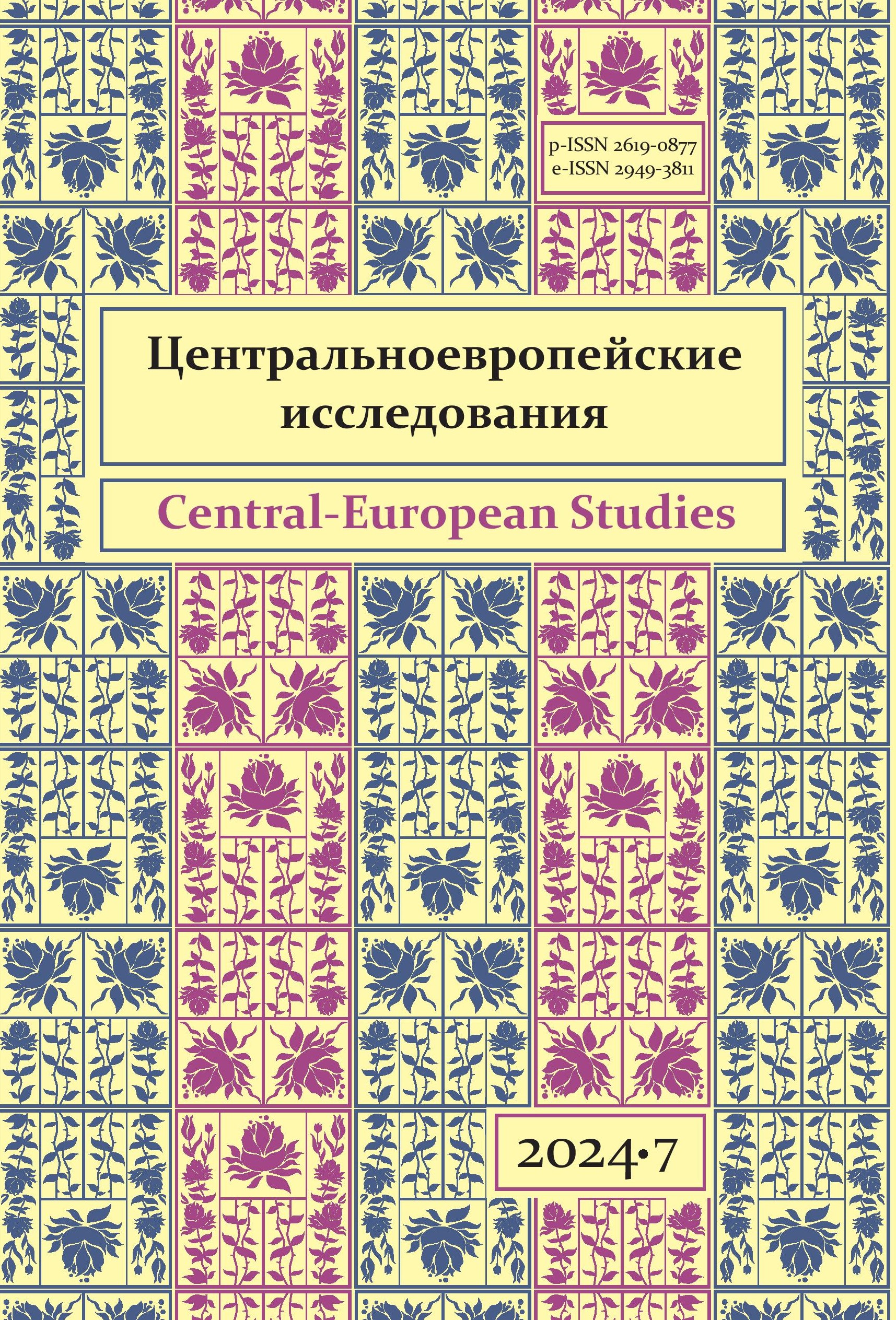About the Journal
Central-European Studies is an interdisciplinary yearbook devoted to Central Europe and neighbouring regions viewed from a comparative perspective. Olga V. Khavanova is the editor-in-chief.
The Central-European Studies series was founded in 1999 at the Institute of Slavic Studies of the Russian Academy of Sciences by Tofik. M. Ismailov and Aleksandr S. Stykalin. The early issues of the series contained the proceedings of conferences devoted to Central-European history and culture from the Middle Ages to the present day or were festschrifts in honour of Russian historians who had made a significant contribution to the research of the region. In total, 9 issues were published between 1999 and 2017. In 2018, the publication was transformed into a yearbook intended to publish both the proceedings of conferences held under the auspices of the Interdisciplinary Central-European Seminar and articles complying with the scope of the yearbook.
Founder and publisher — Institute of Slavic Studies RAS, Leninskii Prospekt, 32A, Moscow, Russia, 119334
Current Issue

Issue 7 is based on the proceedings of the conference “Freedom for all time: Enduring values in a world of restrictions and prohibitions in Central Europe and neighbouring regions from the eighteenth to the twentieth Centuries” (2023). In traditional and new thematic sections, the political, economic, cultural and linguistic implication of freedom is examined from Germany to the Kingdom of Poland and from socialist Czechoslovakia to contemporary Greece. The subjects include the demands for broader freedom for teachers in Austria-Hungary and the radical forms of the Slovenian national struggle for freedom in the early twentieth century, the state order and the artistic credo of Alfons Muha, the ethics and pragmatics of freedom in the work of Olga Tokarczuk, the memory battles of Austrian and Hungarian historians in the newly formed Burgenland and the rejection of freedom of speech in Austria on the eve of the Anschluss. Interwar European history is represented by analyses of the failed attempts to restore the Habsburgs’ power in Hungary, the work of Soviet diplomacy in Czechoslovakia and Germany, and the polemics surrounding the national question in the Kingdom of Serbs, Croats and Slovenes. The issue is rounded off by reviews of books on the socio-political history of the region in the twentieth century.


